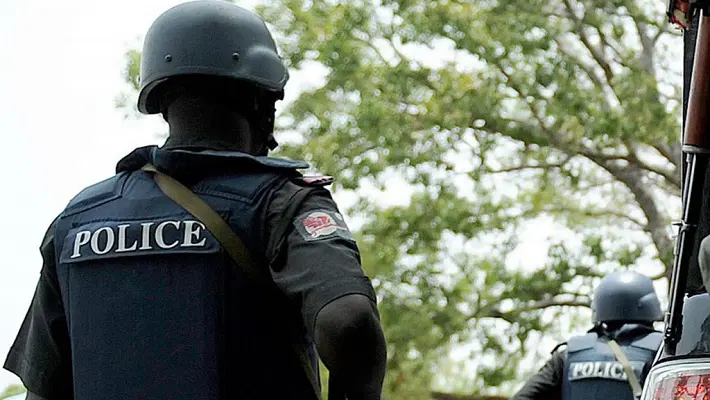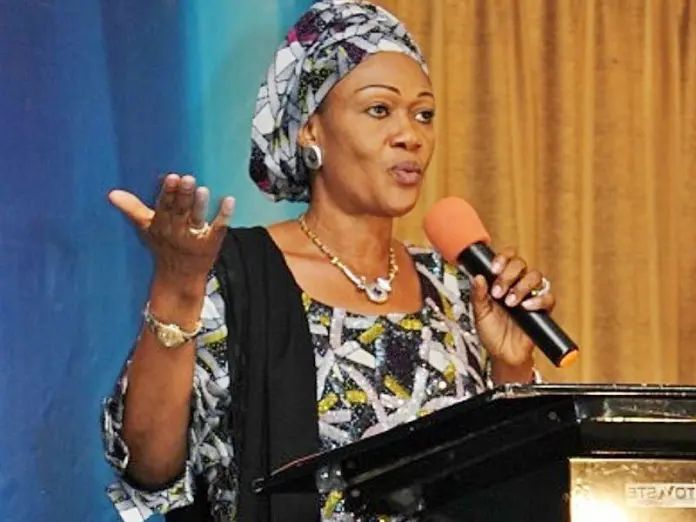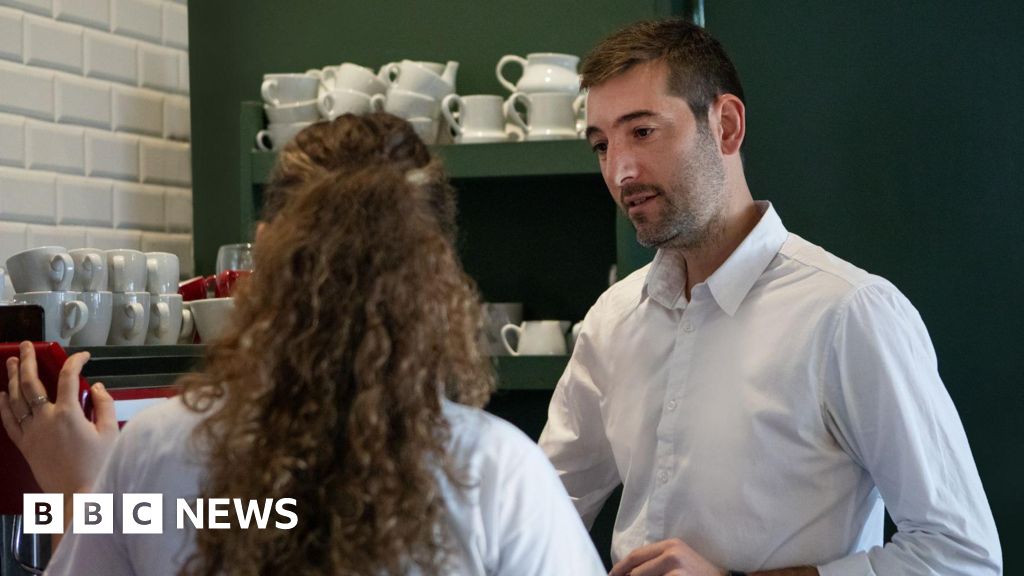The Economic and Financial Crimes Commission (EFCC) has deployed operatives to the Edo State governorship election against vote buying during the poll.
Speaking on the EFCC’s intervention, the commission’s Chairman, Ola Olukoyede, said his organisation is determined to shield voters from financial influence.
A statement by EFCC’s spokesperson, Dele Oyewale, quoted Mr Olukoyede as saying, Our operatives have been deployed to monitor the conduct of the elections.
“We are committed to the attainment of electoral integrity by ensuring that voters cast their votes democratically without any form of financial inducement. Vote buying is a financial crime and the EFCC won’t allow it anywhere.”
The EFCC’s efforts come amid increasing concerns over the prevalence of vote buying in Nigerian elections.
Punch Newspaper reported in June that a report of the National Bureau of Statistics (NBS) titled Corruption in Nigeria: Patterns and Trends revealed that 22 per cent of voters in the 2023 general elections were offered money in exchange for their vote—a notable rise from 17 per cent in 2019.
According to the report, released in July, 22 per cent of citizens admitted they were personally offered money before or during the elections, while 9 per cent received other types of favours. This increase highlights the deep-rooted challenge of electoral malpractice in the country.
Nigerians need credible journalism. Help us report it.
Support journalism driven by facts, created by Nigerians for Nigerians. Our thorough, researched reporting relies on the support of readers like you.
Help us maintain free and accessible news for all with a small donation.
Every contribution guarantees that we can keep delivering important stories —no paywalls, just quality journalism.
Although voter inducement has become a widespread issue, the report showed that not all voters succumb to these offers. “Just over half (55 per cent) of the citizens who were offered money or favours said the inducement did not influence their vote choice,” the report stated.
However, 40 per cent confessed that they cast their ballot in favour of the candidate or party that made the offer.
READ ALSO: ANALYSIS: Factors that’ll influence Saturday’s governorship election in Edo
The NBS also noted that the issue is not confined to one region. The North-West, for example, saw a sharp rise in voter inducement, with 44 per cent of voters reporting offers of money or favours in 2023, up from 23 per cent in 2019.
This contrasts with relatively stable rates of inducement in the South-West, South-South, and North-Central zones.
Vote buying remains a serious threat to Nigeria’s democracy, drawing condemnation from civic organisations such as Yiaga Africa.
The group has consistently warned that such practices weaken the electoral process and distort the will of the people.
Support PREMIUM TIMES' journalism of integrity and credibility
At Premium Times, we firmly believe in the importance of high-quality journalism. Recognizing that not everyone can afford costly news subscriptions, we are dedicated to delivering meticulously researched, fact-checked news that remains freely accessible to all.
Whether you turn to Premium Times for daily updates, in-depth investigations into pressing national issues, or entertaining trending stories, we value your readership.
It’s essential to acknowledge that news production incurs expenses, and we take pride in never placing our stories behind a prohibitive paywall.
Would you consider supporting us with a modest contribution on a monthly basis to help maintain our commitment to free, accessible news?
TEXT AD: Call Willie - +2348098788999


















 English (US) ·
English (US) ·